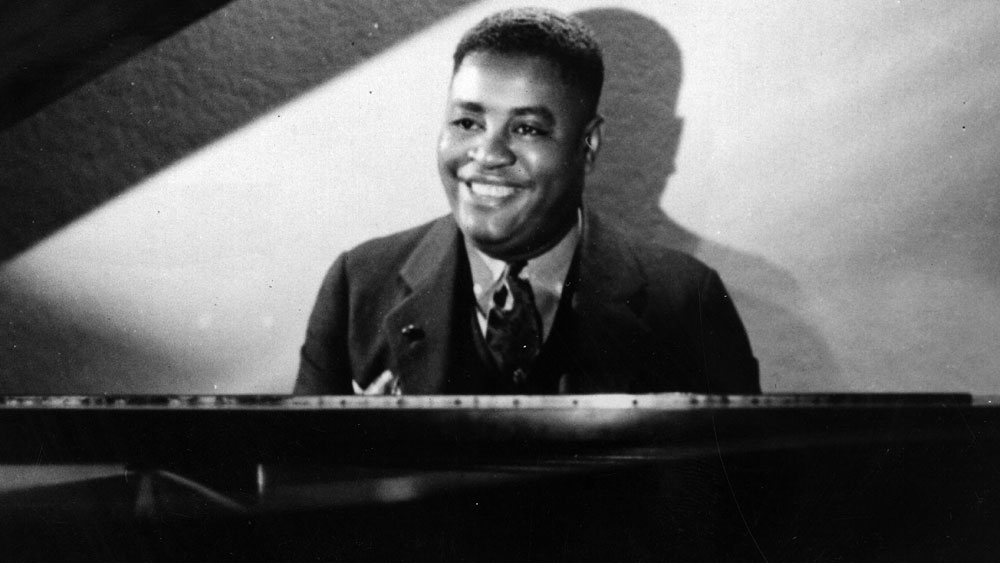Art Tatum is universally celebrated as one of the greatest jazz pianists of all time. His technical prowess, harmonic innovations, and remarkable improvisational abilities have earned him a legendary status in the world of jazz and music in general. Tatum’s playing redefined what was possible on the piano, inspiring countless musicians and listeners alike. In this article, we explore five of his best and most influential recordings that showcase the genius of this virtuoso.
1. “Tea for Two” (1933)
One of Art Tatum’s earliest and most famous recordings, “Tea for Two” demonstrates his exceptional skill and creativity. Tatum took this well-known jazz standard, written by Vincent Youmans in 1924, and transformed it into a breathtaking display of rapid, intricate improvisation. His version is famous for its staggering tempo changes, advanced harmonic substitutions, and lightning-fast runs, leaving an indelible mark on the piece. Tatum’s version of “Tea for Two” became a touchstone for jazz pianists, admired for both its technical brilliance and emotional depth.
2. “Tiger Rag” (1933)
“Tiger Rag” is perhaps the definitive example of Tatum’s dazzling virtuosity. Originally a Dixieland jazz tune, Tatum’s recording of “Tiger Rag” is an astonishing whirlwind of cascading runs, mind-boggling arpeggios, and rhythmic complexity. His performance was so ahead of its time that even fellow musicians were left in awe. Many pianists regarded this track as nearly unplayable due to the sheer technical mastery required to perform it. “Tiger Rag” solidified Tatum’s reputation as a pianist who could take a simple melody and elevate it to unprecedented artistic heights.
3. “Willow Weep for Me” (1949)
Art Tatum’s interpretation of “Willow Weep for Me” brings out the melancholic beauty of Ann Ronell’s ballad. In this recording, Tatum’s tender touch and elegant phrasing are on full display, showing his ability to move effortlessly between lush harmonies and delicate melodic lines. Unlike the high-octane performances of “Tiger Rag” and “Tea for Two,” “Willow Weep for Me” highlights Tatum’s sensitivity and his capacity to evoke deep emotion. His improvisation here is subtle, blending seamlessly with the tune’s wistful nature while still incorporating his signature harmonic brilliance.
4. “Over the Rainbow” (1955)
Tatum’s rendition of “Over the Rainbow,” from The Wizard of Oz, is a masterclass in reharmonization and lyrical expression. Tatum transforms the simple, heartwarming melody into a lush, sophisticated exploration of harmonic possibilities. His playing is both complex and delicate, maintaining the dreamlike quality of the original song while imbuing it with his distinct style. This recording showcases Tatum’s unparalleled ability to blend virtuosity with sensitivity, creating an interpretation that is as emotionally moving as it is technically stunning.
5. “Yesterdays” (1949)
Jerome Kern’s classic tune “Yesterdays” receives a fresh, innovative treatment in Tatum’s hands. In this version, Tatum offers a masterful blend of his intricate improvisational style with the rich, haunting melody of the original composition. His fluid use of chord substitutions, quick tempo shifts, and melodic improvisation transforms the tune into a piano tour de force. “Yesterdays” showcases Tatum’s unique approach to harmony and rhythm, taking a timeless standard and reinventing it with dazzling complexity.
Conclusion
Art Tatum’s recordings stand as some of the most impressive and influential in jazz history. These five songs — “Tea for Two,” “Tiger Rag,” “Willow Weep for Me,” “Over the Rainbow,” and “Yesterdays” — represent just a glimpse of his remarkable talent and artistic vision. Tatum’s ability to fuse technique with emotional expression made him a revolutionary figure in jazz piano, influencing generations of musicians. His legacy continues to inspire pianists and music lovers alike, and his best recordings remain essential listening for anyone who appreciates the art of jazz.


Comments are closed